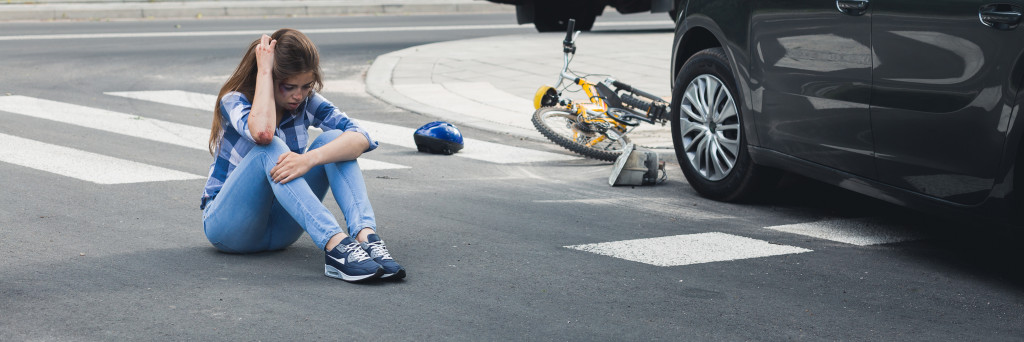When someone experiences a traumatic event, such as a car crash, they may develop post-traumatic stress disorder (PTSD). This condition can make it difficult for the individual to cope with daily life. If you have a loved one diagnosed with PTSD after a car crash, there are some things you can do to help them manage their symptoms and live everyday life.
Hire an Experienced Car Accident Lawyer
If your loved one was involved in a car crash, they might be dealing with PTSD. An experienced car accident lawyer can help them get the treatment and compensation they need to recover. Treating the condition will need money you can recover from insurance companies. However, most companies don’t give you the full settlement. This is where a lawyer can help.
An experienced car accident lawyer will know how to deal with the insurance companies to get you the claim. Moreover, they can also help you file and fight a negligence and personal injury case if the accident resulted from the other driver’s negligence.
Get Professional Help
It’s essential to seek professional help. Post-traumatic stress disorder (PTSD) can develop after a person experiences or witnesses a traumatic event. They may experience several symptoms, including flashbacks, nightmares, and more. These symptoms can interfere with work, school, and personal relationships.
If you’re worried about your loved one’s mental health after a car crash, talk to their doctor or mental health professional. They can provide support and treatment to improve your loved one’s quality of life.
Encourage Them to Exercise
Exercise releases endorphins, which have mood-boosting and stress-relieving effects. It can also help to improve sleep quality, increase energy levels, and reduce anxiety. And for people with PTSD, regular exercise has been shown to reduce symptoms and improve overall wellbeing. So if your loved one is struggling after a car crash, encourage them to get moving — it just might help them feel better.
Make Time for Relaxation
Making time for relaxation can help them deal with the symptoms of post-traumatic stress disorder (PTSD), including flashbacks, nightmares, and difficulty sleeping. It can also help to reduce their overall stress levels. If your loved one is having difficulty relaxing, there are several things you can do to help.

Taking a warm bath together, going for a walk in nature, or listening to calming music are all activities that can promote relaxation. In addition, simply spending time together and talking about positive memories can also help your loved one feel more relaxed and connected.
Encourage Them to Eat a Healthy Diet
For those dealing with PTSD after a car crash, making sure to eat a healthy diet is even more critical. The right nutrients can help to reduce stress, improve mood, and promote healing. So what should you encourage your loved one to eat? First, focus on whole, unprocessed foods rich in vitamins and minerals.
Fresh fruits and vegetables, lean protein, whole grains, and healthy fats are all excellent choices. It’s also important to ensure that meals are balanced and provide adequate calories. Too much or too little food can both aggravate symptoms of PTSD. Finally, limit sugary and processed foods, caffeine, and alcohol. These substances can disrupt sleep and increase anxiety levels.
Limit Their Exposure to Stressful Situations
If they have post-traumatic stress disorder (PTSD), it’s vital to be aware of the role that stress can play in their condition. Studies have shown that exposure to stressful situations can trigger PTSD symptoms and make them worse.
For this reason, limiting your loved one’s exposure to stressful situations is crucial as they recover from their accident. This may mean avoiding crowded places or areas where they might see other cars. It can also mean giving them space to process their feelings and providing support and understanding.
Be Patient
Watching a loved one have post-traumatic stress disorder (PTSD) after a car accident can be difficult. While they may be physically unharmed, the psychological damage can be long-lasting. As a result, it’s essential to be patient and understanding. Many people with PTSD avoid anything that reminds them of the accident, such as driving or getting in a car. They may also have trouble sleeping and be easily startled. It is important to let your loved one take the lead in dealing with their PTSD.
Forcing them to confront their fears before they’re ready can worsen the condition. Instead, offer support and understanding.
PTSD can be a difficult condition to cope with, but there are things you can do to help your loved one. Exercise, relaxation, and a healthy diet can reduce symptoms and promote healing. In addition, it’s essential to be patient and understanding. If your loved one is struggling to cope, seek professional help. With the right treatment, they can improve their quality of life.

